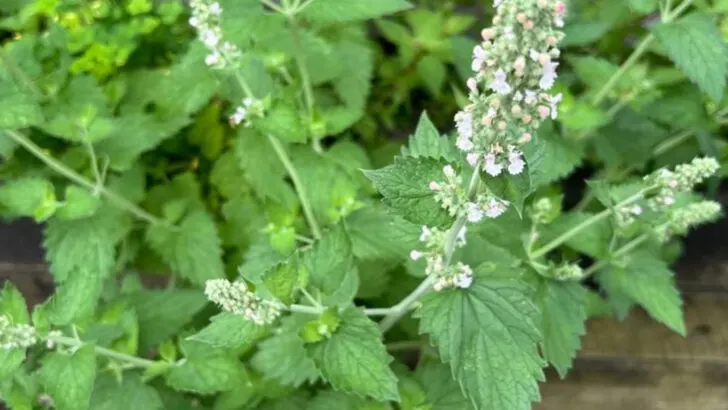Tired of fighting off mosquitoes, aphids, and other unwanted garden visitors? You might not need sprays or traps at all. There are plants that naturally repel pests—without chemicals, effort, or maintenance. Just plant them once, and let them quietly do the work for you.
These plants release natural oils and fragrances that insects simply can’t stand, but that humans often love. From strong-scented herbs to ornamental flowers with secret powers, some of these species are even beautiful enough to be centerpieces—while silently protecting your tomatoes, basil, or lounge chair from tiny invaders. Even better? Most of them are heat-tolerant, low-maintenance, and thrive in containers.
In this guide, you’ll find 17 plants that not only protect your space naturally, but also add style, scent, and structure to your garden or balcony. No sprays. No stress. Just smart planting that lets nature do the work—while you relax.
Lavender

Lavender isn’t just a pretty face in the garden; its strong scent is a natural pest deterrent. Those calming, aromatic blooms do more than soothe the senses. Mosquitoes, flies, and moths find lavender’s fragrance far from relaxing. Plant it near doorways or patios and let nature’s own perfume guard your space. An added bonus? Lavender attracts pollinators, bringing vibrant life to your garden. Whether you’re crafting sachets or enjoying a peaceful evening, lavender keeps unwelcome visitors at bay.
Basil
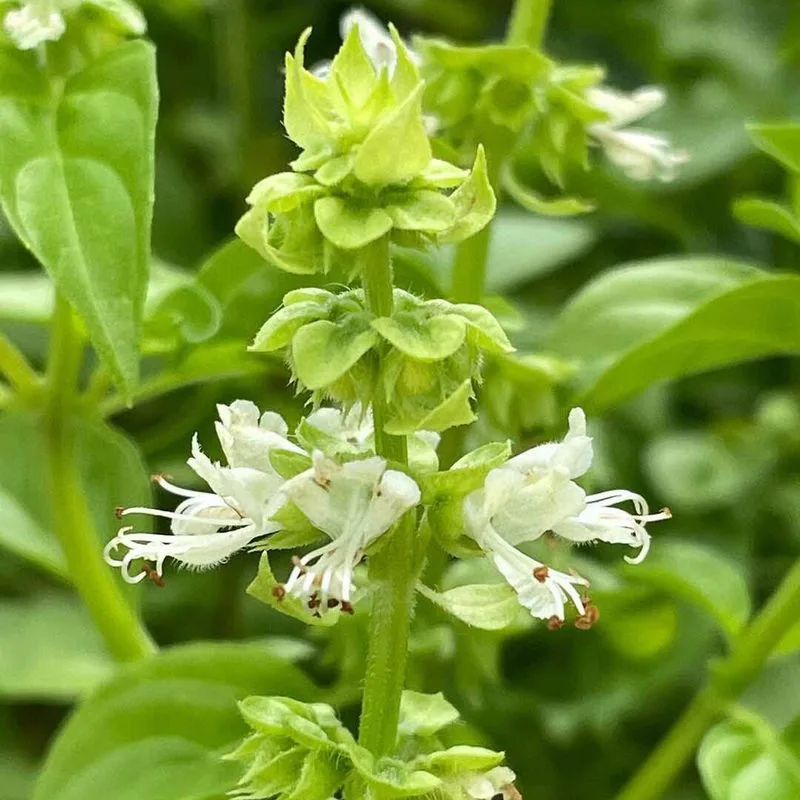
Basil’s role isn’t confined to the kitchen; it plays double duty as a pest repellent. This popular herb emits a fragrance that mosquitoes and flies loathe. Position pots of basil near entrances or outdoor seating areas. Its aromatic leaves provide a shield and a culinary delight. Fresh basil transforms meals, but its true magic lies in its ability to ward off pests without fuss. Enjoy al fresco dining in peace, accompanied by this green ally.
Marigold
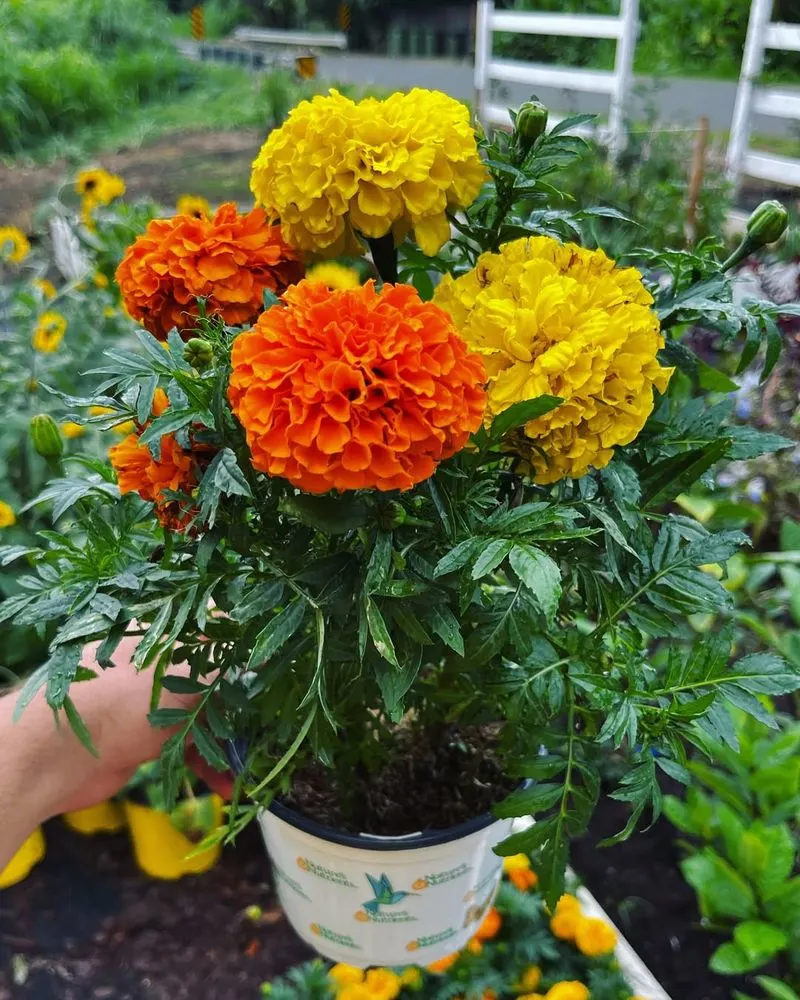
With their vibrant petals, marigolds add a splash of color to any garden while serving as an effective pest deterrent. The unique scent of marigolds repels nematodes and other garden invaders. Plant them among vegetables to protect crops naturally. Their cheerful appearance brightens up garden borders and containers alike. Marigolds’ pest-repelling prowess makes them a gardener’s favorite choice for a natural defense mechanism. Enjoy a flourishing garden protected by these sunny blooms.
Rosemary
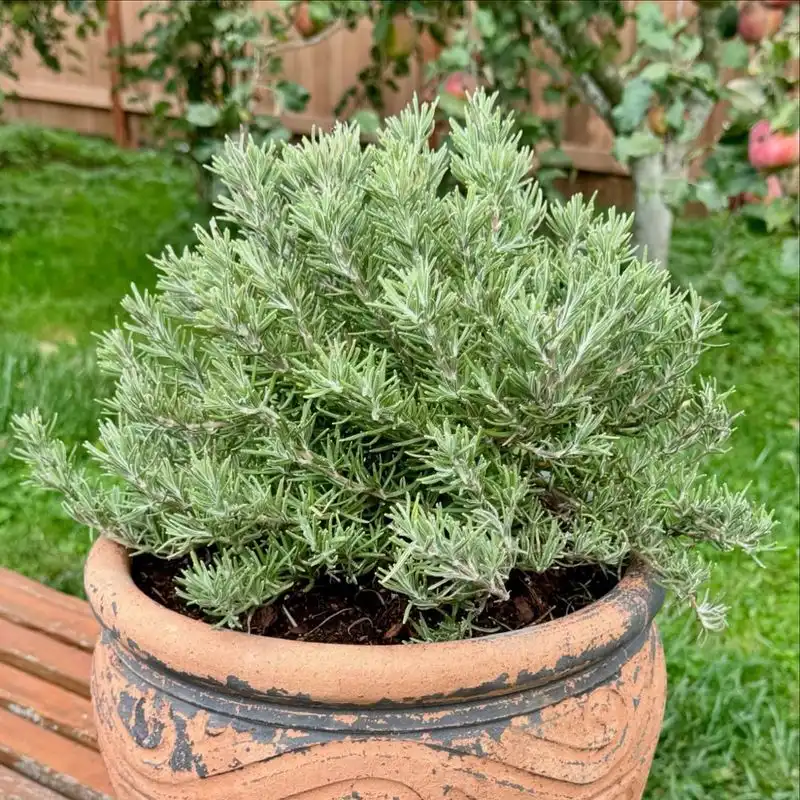
Rosemary’s robust aroma is more than a culinary delight; it’s an effective pest deterrent. This woody herb’s scent keeps mosquitoes and cabbage moths at bay. Plant rosemary in your vegetable patch or ornamental garden to benefit from its protective qualities. Besides its pest-repelling properties, rosemary offers culinary uses and an appealing evergreen presence. Infuse your garden—and your dishes—with this fragrant, resilient herb.
Mint
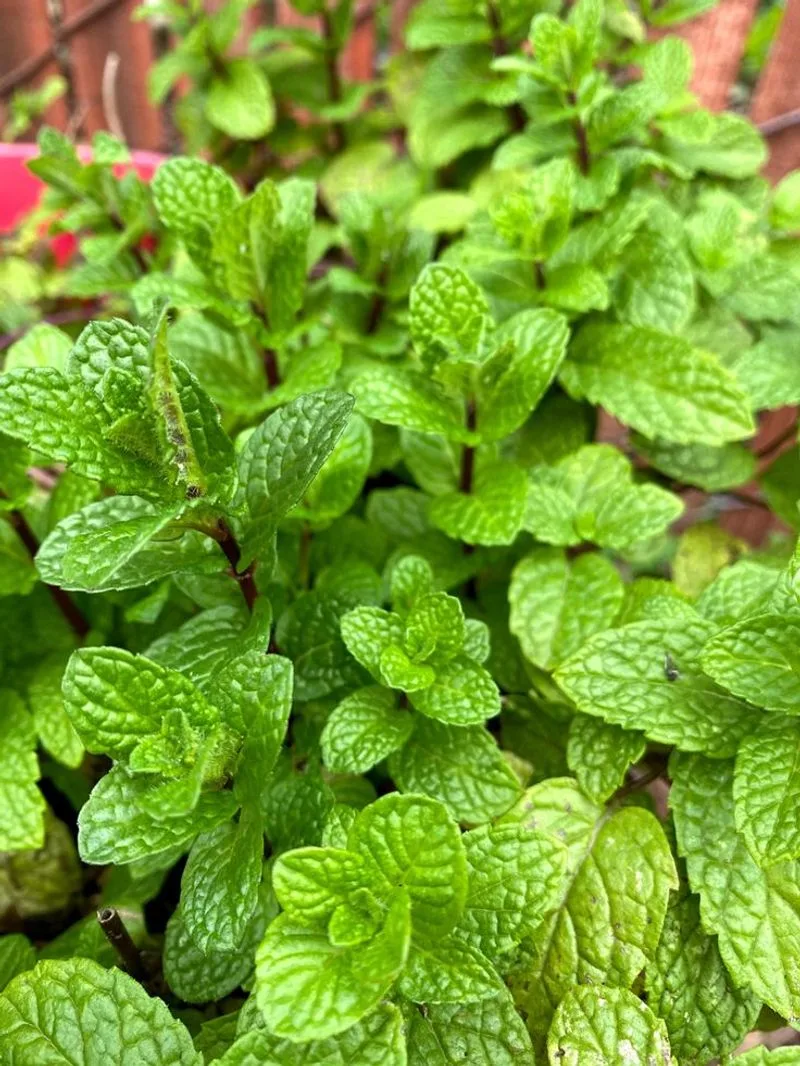
Mint’s refreshing scent isn’t just invigorating for humans; it’s a natural deterrent for ants, mosquitoes, and flies. Plant mint in containers to prevent its invasive spread while reaping its pest-repelling benefits. The aromatic leaves not only spice up beverages and dishes but also create a protective barrier around your home. Mint’s versatility extends beyond the kitchen, making it an essential ally in your garden’s defense strategy.
Catnip
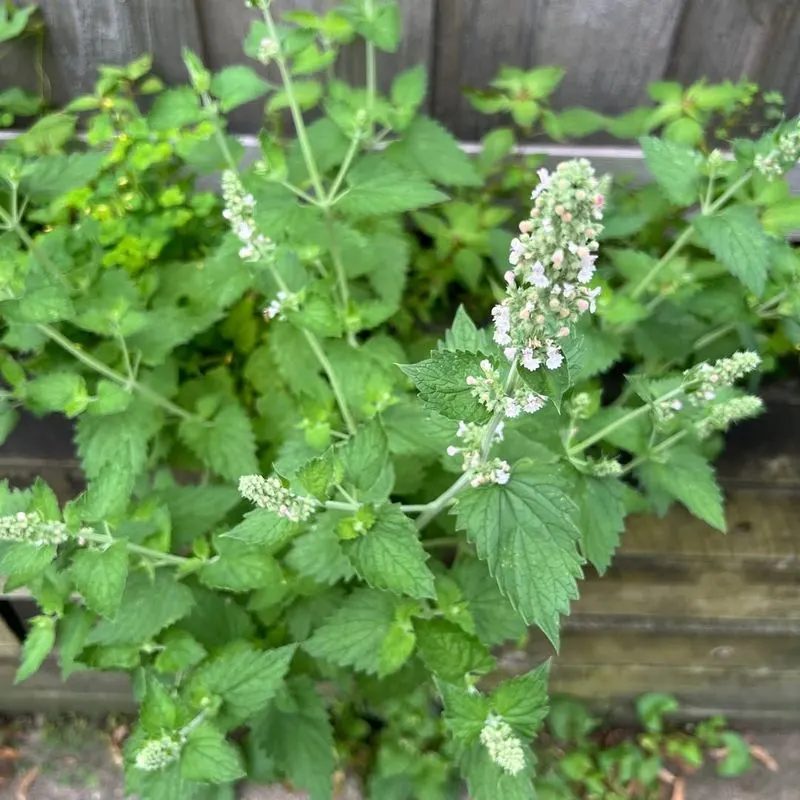
Known for its feline allure, catnip also serves as a powerful mosquito repellent. The essential oils in catnip are ten times more effective than DEET, making it a natural choice for pest control. Grow catnip in pots or garden beds, and enjoy a mosquito-free zone. While cats may revel in its presence, mosquitoes and other insects steer clear. Catnip combines entertainment for pets with protection for outdoor areas.
Chrysanthemum
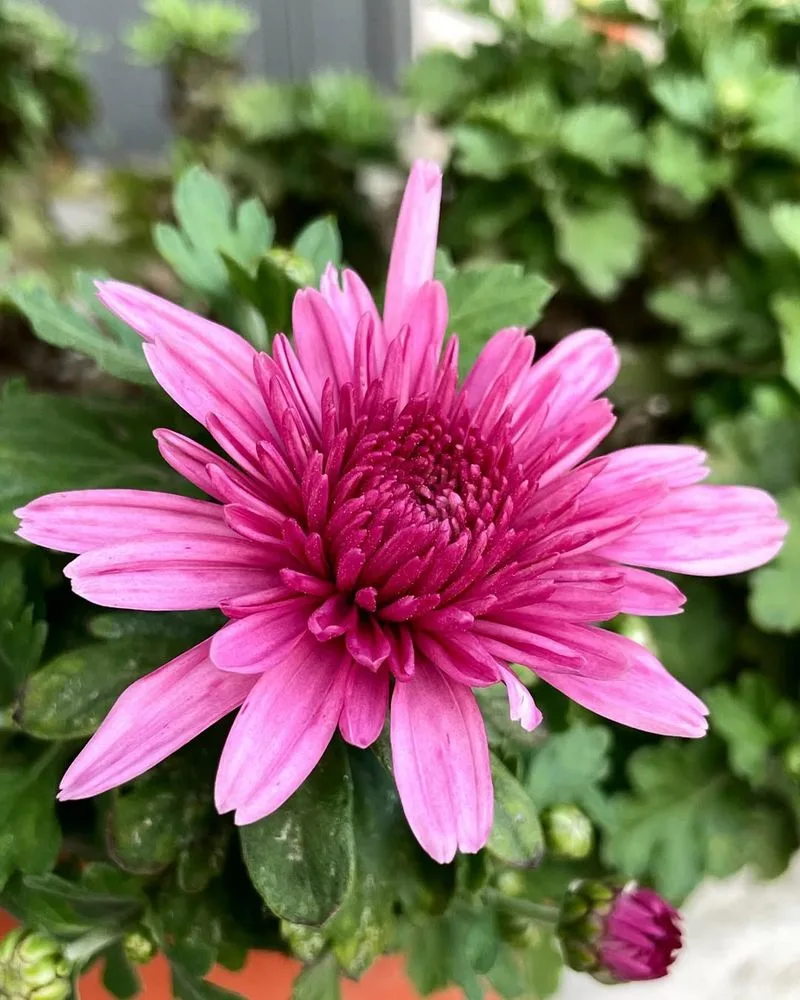
Chrysanthemums bring beauty and protection to your garden, thanks to pyrethrum compounds in their blooms. These natural insecticides repel ants, fleas, and ticks. Plant chrysanthemums in sunny spots to shield your home and garden. Whether adorning a flowerbed or brightening a windowsill, these blooms are more than decorative. Enjoy a safer outdoor space with chrysanthemums’ pest-repelling prowess.
Lemongrass
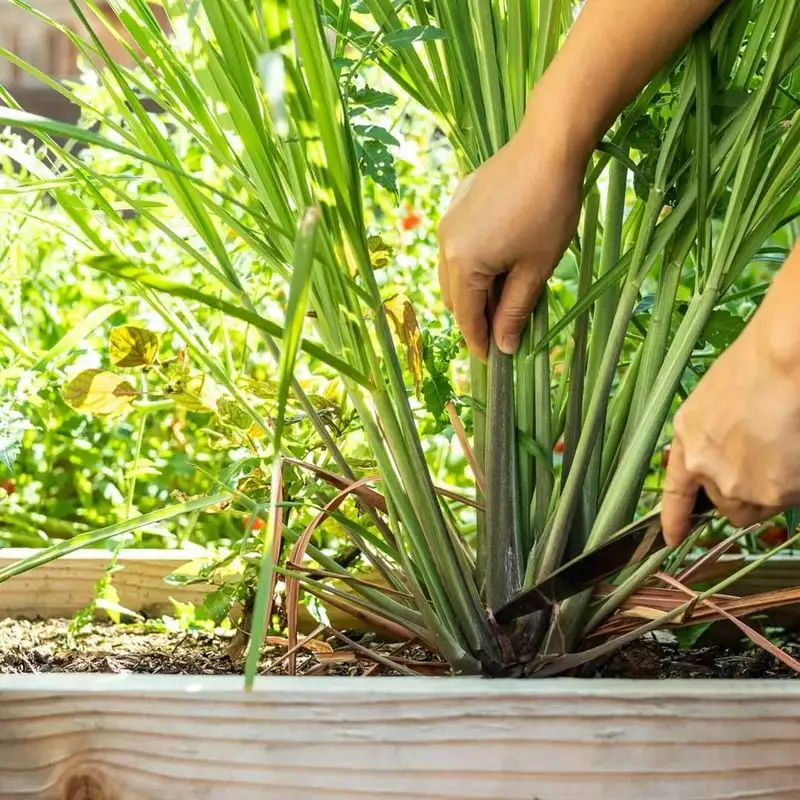
Lemongrass isn’t just for culinary use; it’s a natural mosquito repellent. Its high citronella content makes it an effective barrier against these pesky insects. Plant lemongrass around patios or garden edges. The tall, graceful stalks add a tropical touch while protecting social spaces. Lemongrass offers both beauty and practicality, providing a fragrant shield against unwelcome invaders.
Petunias
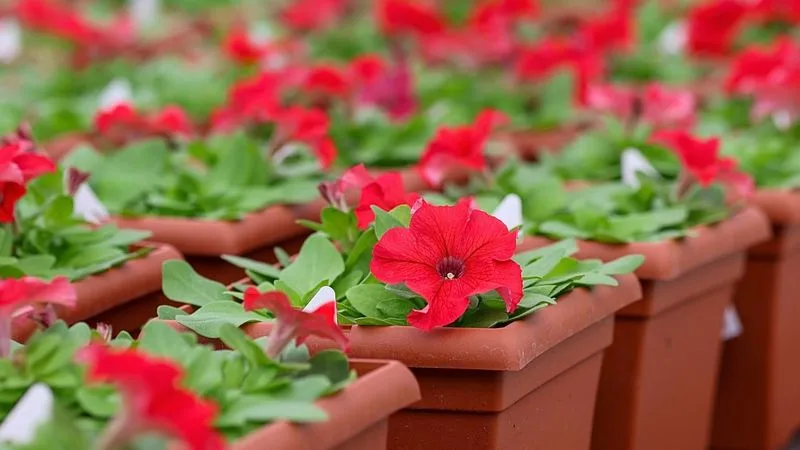
Petunias’ colorful blooms do more than decorate; they deter aphids, tomato hornworms, and other garden pests. Plant them in containers or garden beds to enhance your garden’s beauty while keeping pests at bay. Their low maintenance and vibrant appeal make petunias a gardener’s ally. Enjoy a pest-free garden adorned with these cheerful flowers, adding both color and protection to your outdoor haven.
Sage
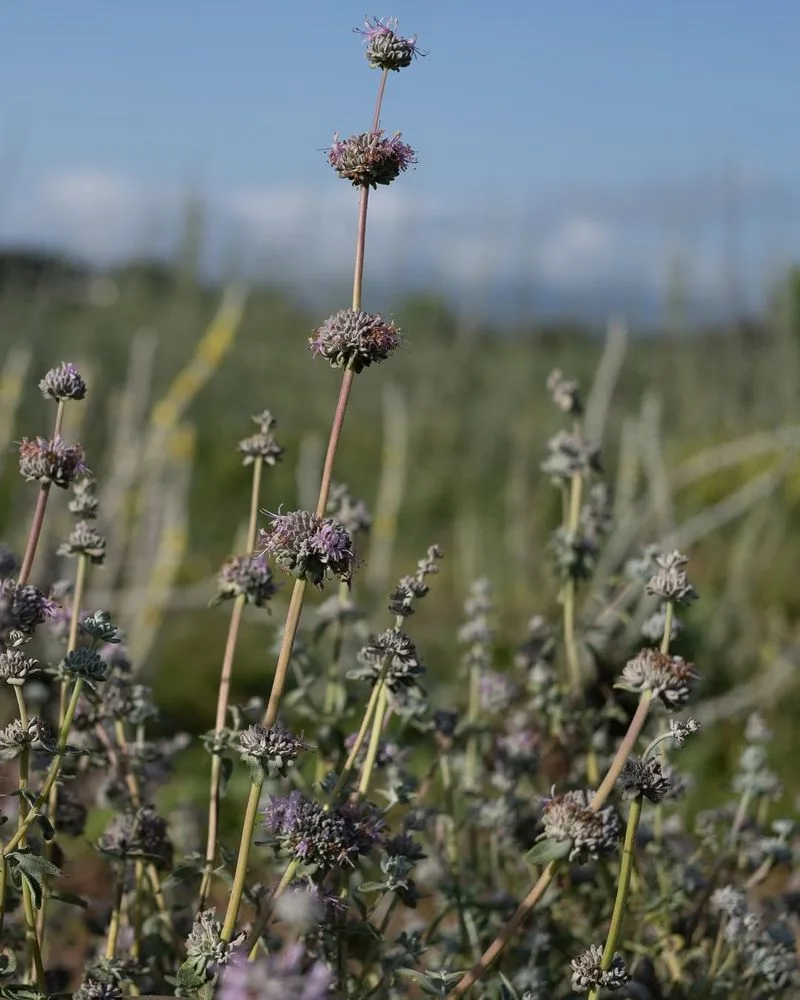
Sage offers a robust scent that deters cabbage moths and carrot flies. Its silvery leaves bring texture to gardens, while its aroma keeps pests at bay. Plant sage around vegetable gardens for natural pest control. Besides its culinary uses, sage contributes to a garden’s aesthetic appeal. Keep your garden both beautiful and protected with this versatile herb that combines form and function effortlessly.
Garlic
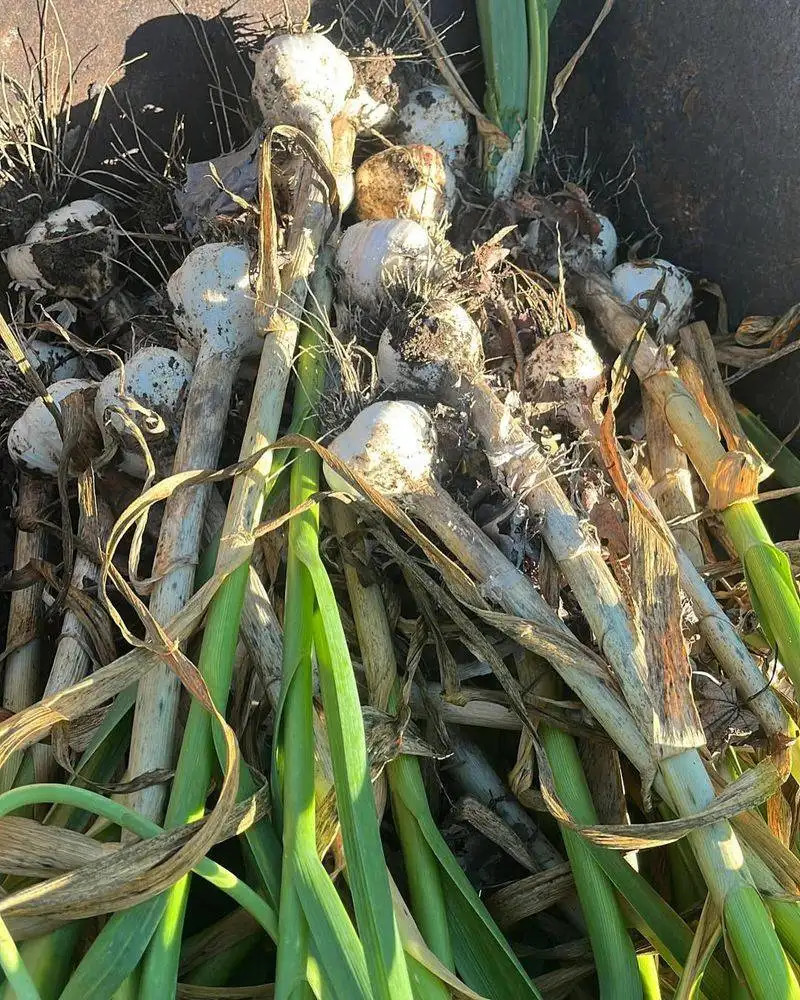
Garlic’s pungent aroma is a natural deterrent for aphids and beetles. Plant garlic around your garden to ward off these unwanted visitors. The bulbs thrive in various climates, adding both culinary and protective value. Garlic’s presence not only enhances meals but also fortifies gardens against pests, making it a dual-purpose plant. Embrace garlic’s protective nature and enjoy a flourishing garden.
Thyme
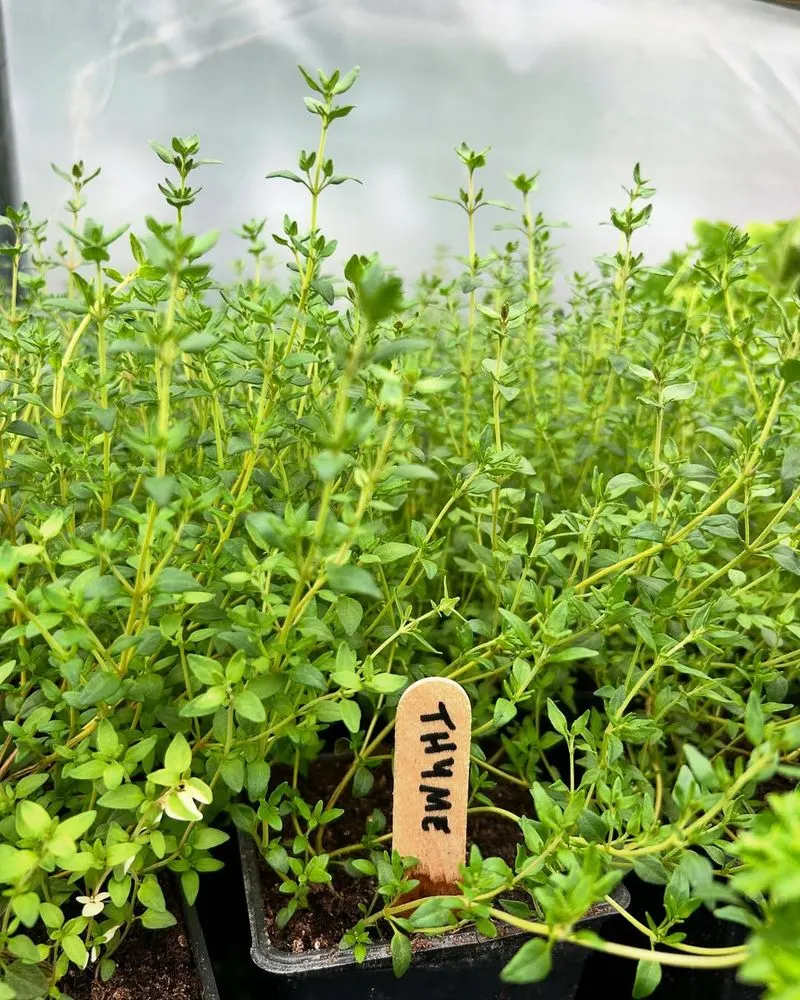
Thyme’s earthy aroma is a natural defense against whiteflies and cabbage worms. Plant thyme among your vegetables to benefit from its pest-repelling properties. This hardy herb thrives in various conditions, making it a resilient garden ally. Use thyme fresh or dried for culinary purposes, knowing it also supports your garden’s health. Let thyme’s subtle strength protect your plants naturally.
Allium
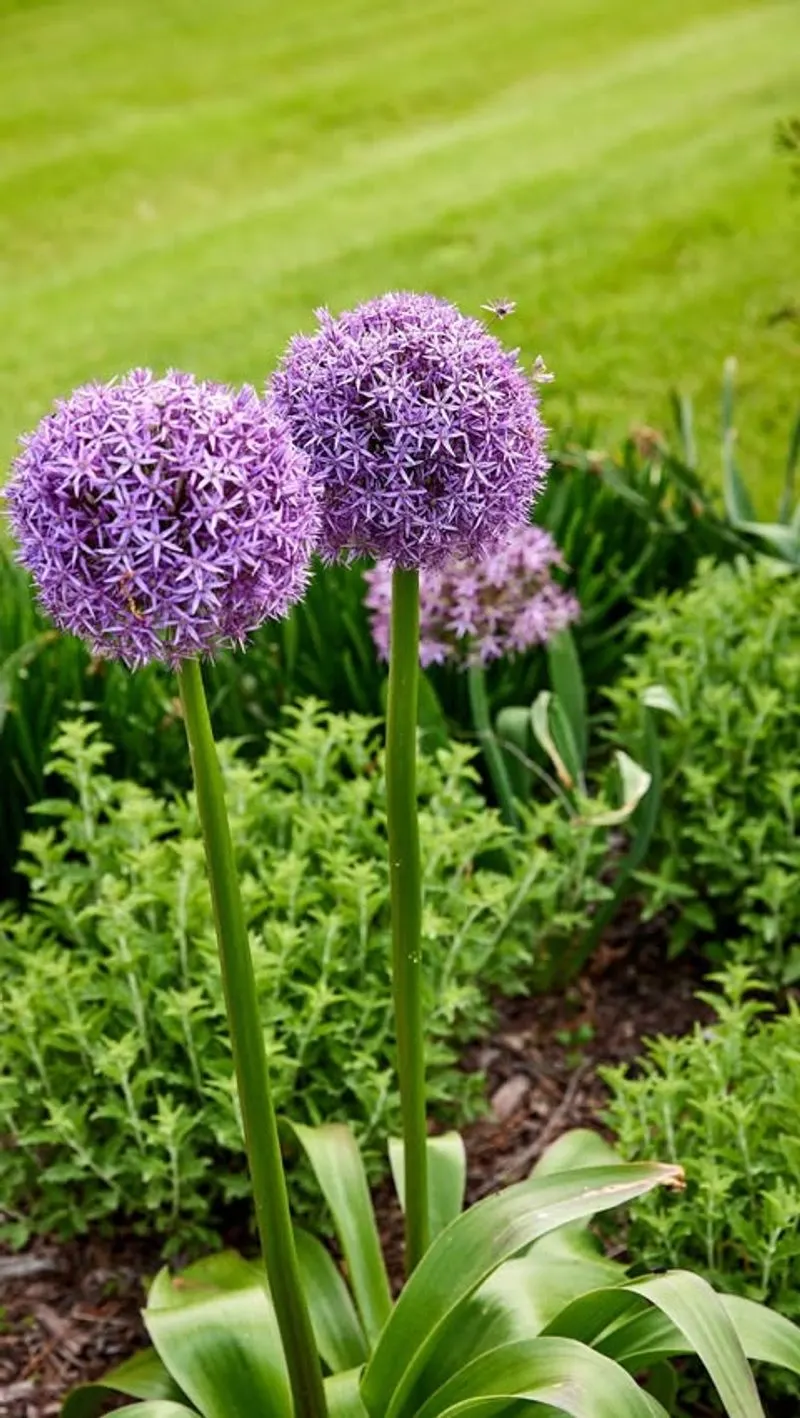
Alliums, with their striking globe-like flowers, deter pests such as aphids and slugs. These ornamental plants are as functional as they are beautiful. Plant alliums among roses and vegetables to create a natural pest barrier. Their unique blooms add height and interest to garden designs. Alliums’ pest-repelling properties make them an essential component of a thriving, healthy garden.
Bay Leaf
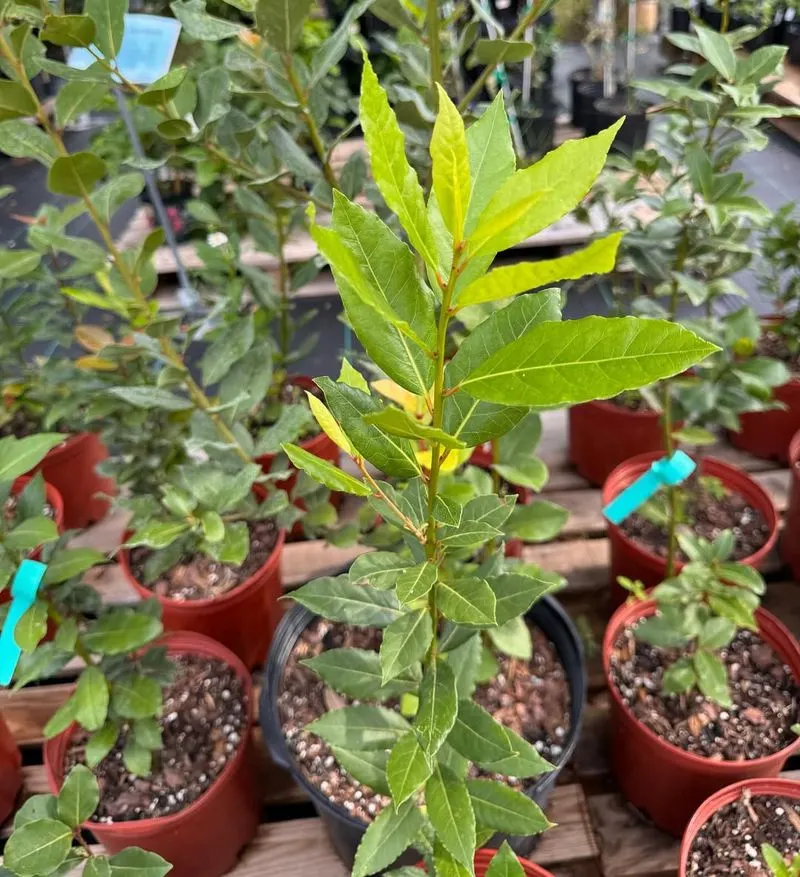
The bay leaf’s aromatic qualities extend beyond the kitchen, repelling flies and moths. Plant bay laurel shrubs in your garden or pots to enjoy their pest-deterring benefits. The glossy leaves provide visual appeal while safeguarding your garden. Incorporating bay leaves into your garden strategy enhances both culinary creations and pest control. Experience the dual benefits of this versatile plant.
Fennel
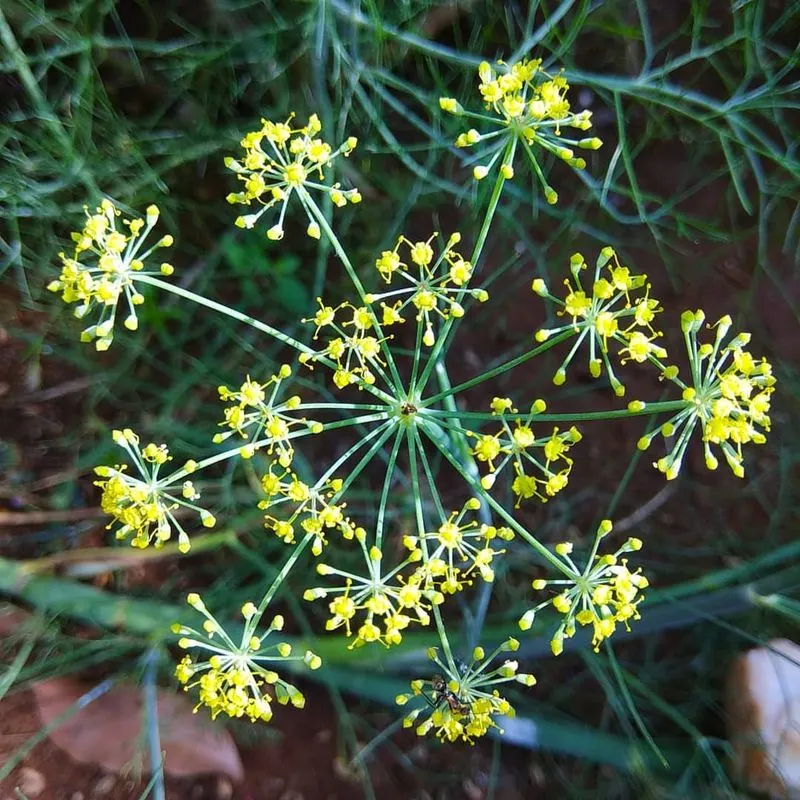
Fennel is more than just a culinary delight; it attracts beneficial insects while repelling pests like aphids and slugs. Plant fennel in your garden to create a balanced ecosystem, inviting pollinators and warding off unwelcome visitors. Its feathery leaves and tall stature add elegance to any garden. Fennel’s dual role in pest control and biodiversity makes it a valuable addition to your gardening repertoire.
Oregano
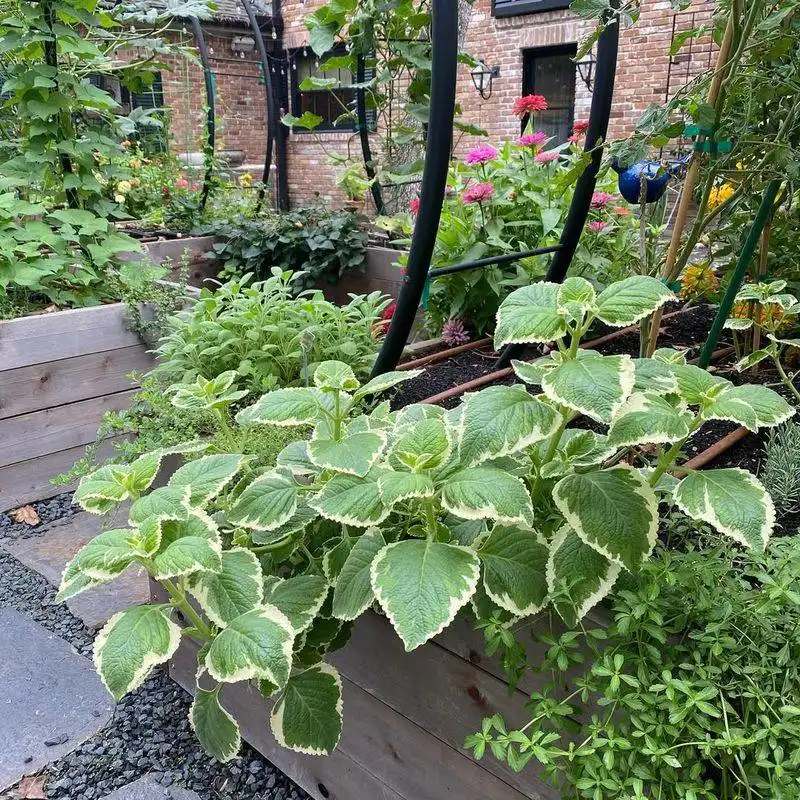
Oregano’s robust scent is an effective deterrent for many garden pests. Plant oregano in your garden to ward off beetles and aphids naturally. Its aromatic leaves offer culinary uses while safeguarding your plants. Oregano’s presence enriches your garden both in flavor and protection, making it a versatile and valuable herb. Enjoy the benefits of this fragrant plant as it defends your outdoor space.
Tansy
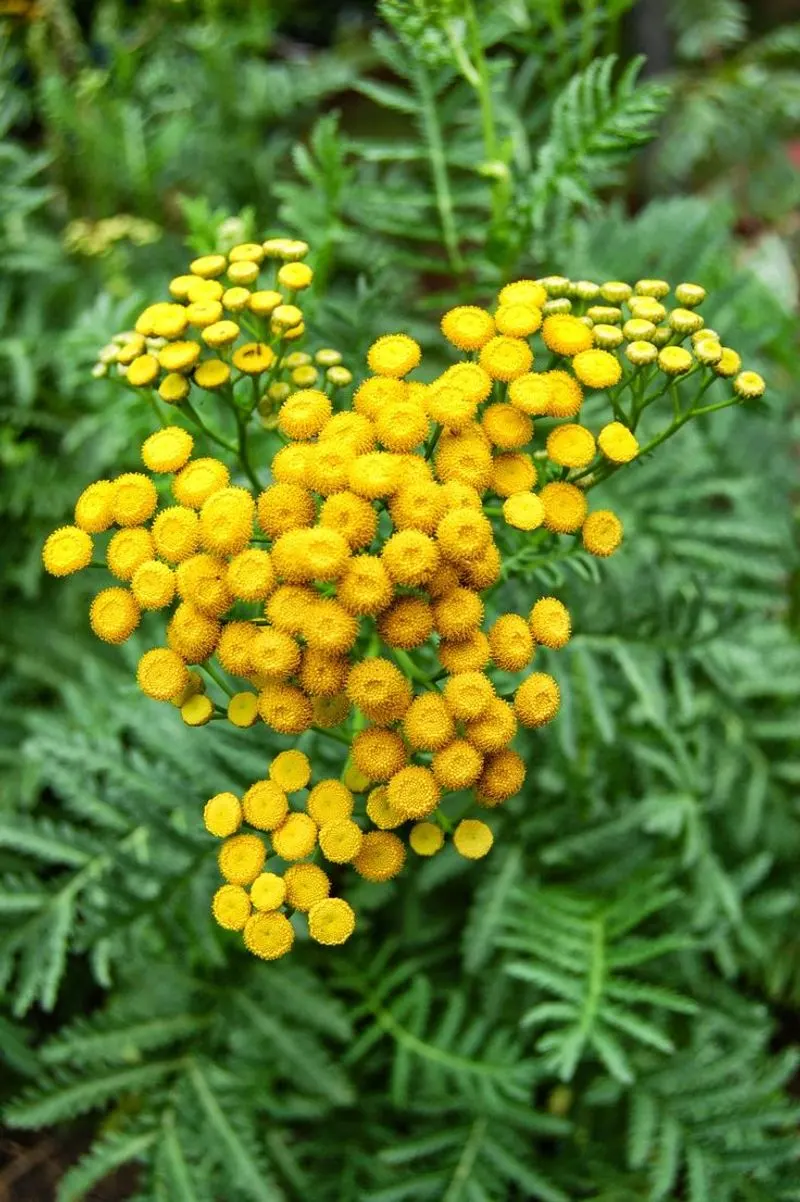
Tansy, with its bright yellow blooms, is a natural repellent for ants and fleas. Plant tansy around the garden to create an effective barrier against insects. Its vibrant flowers and fern-like foliage add visual interest while serving a practical purpose. Tansy’s pest-repelling capabilities make it a unique and valuable addition to any garden. Discover the protective power of this cheerful plant.

